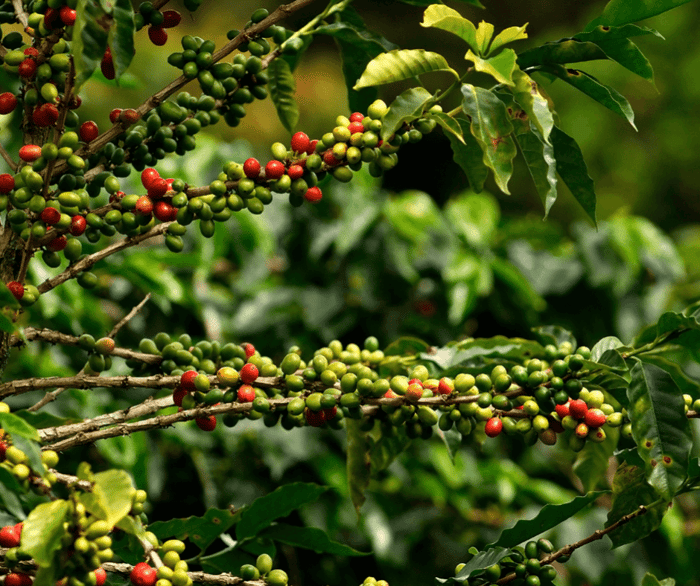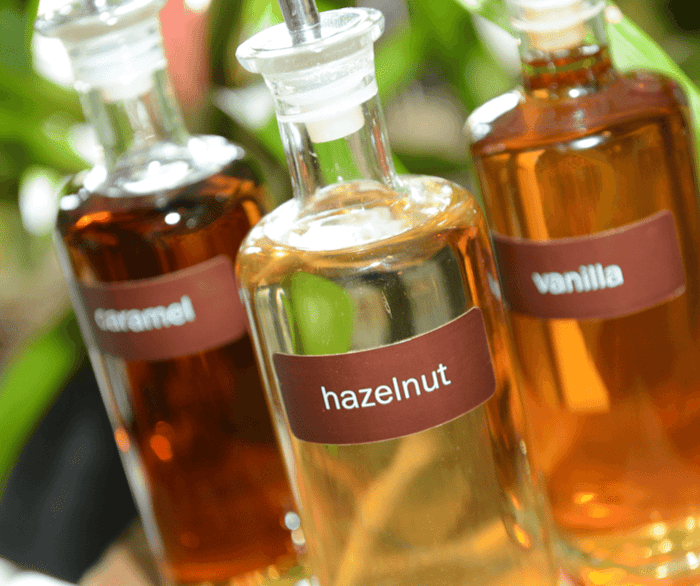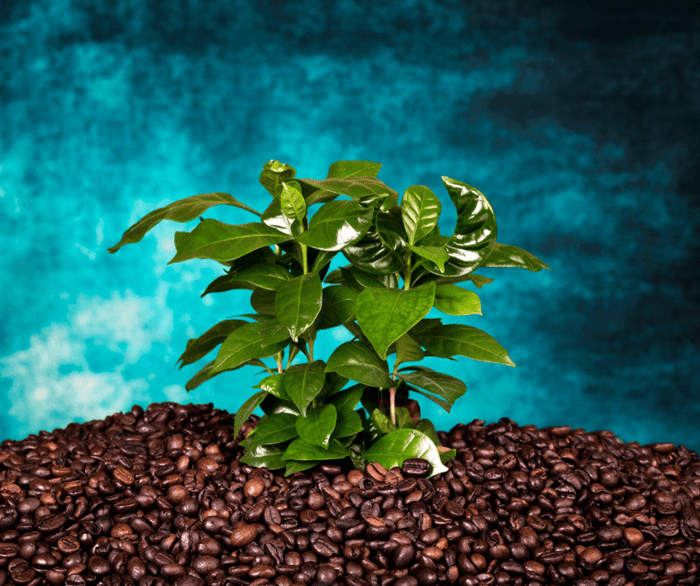
“Coffee picks up flavors based on what’s planted around it.”
It’s a myth that even coffee aficionados repeat—and… well, it’s not entirely wrong.
In fact, you could even say that it’s true… from a certain point of view.
The truth is, the flavor of coffee is affected by crops planted around it.
But not in the way most people probably picture when they hear this.
It’s not that you plant a blueberry bush next to a coffee plant, and the coffee plant leaches flavor compounds from the nearby blueberries, producing coffee beans with “notes of blueberry.”
(But wouldn’t it be cool if it did happen that way?)
So what actually happens?
Well, it’s pretty simple. Even obvious—once you’ve already researched the answer, anyway.
Nearby plants and crops can directly influence the flavor of coffee beans in the following ways:
1. Shade — Taller crops, plants, and trees can put the coffee in shade, which is a factor that affects the flavor of the coffee beans that come from the plant.
2. Soil makeup — Different plants can change the composition of the soil near the coffee plant, removing or even adding different minerals and organic material.
Additionally, nearby crops “affect” the flavor of coffee in some more indirect, “non-causal" ways. Let me explain:
Some of the factors that contribute most to the way coffee beans taste include soil (as we mentioned earlier), elevation/altitude, and climate.
If you’re growing coffee next to a certain crop, the coffee will be growing in (hopefully) ideal conditions for that specific crop.
So if you’ve planted coffee in the ground next to, say, papaya (just for the sake of argument)—your coffee is more than likely going to be growing in a tropical climate at a lower elevation, in very good quality soil that includes a lot of organic matter. If the papaya farmer knows what they’re doing, anyway.
This would be why coffee planted next to cacao could taste noticeably different than coffee planted next to tobacco, and so forth.
Not because the roots of the coffee plant are absorbing flavor from the cacao or tobacco. (Coffee with “notes of tobacco” probably wouldn’t be a big seller, anyway).
So you see, the flavor of coffee is in fact affected, in a way, by what is planted around it. But it would be quite a bit more accurate to say that the flavor of coffee is affected by the makeup of the soil, the amount of shade it grows in, the altitude it grows at, and the climate.
By the way, this sort of phenomenon is referred to as terroir. It’s mainly used when talking about wine, but the idea can be applied to coffee as well.
So there we are. Now you can not only correct other coffee lovers who repeat this myth—but you can use a French word while you’re correcting them!
Speaking of French, how about some French-inspired coffee? Check out our collection of gourmet coffees from world famous Cafe Du Monde!
Want More Coffee Content?
- Daily Coffee Grind - Click Here
- Coffee Reviews - Click Here
- Coffee Brewing Guides - Click Here
- Coffee Brewer Reviews - Click Here
- All Things Tea - Click Here









